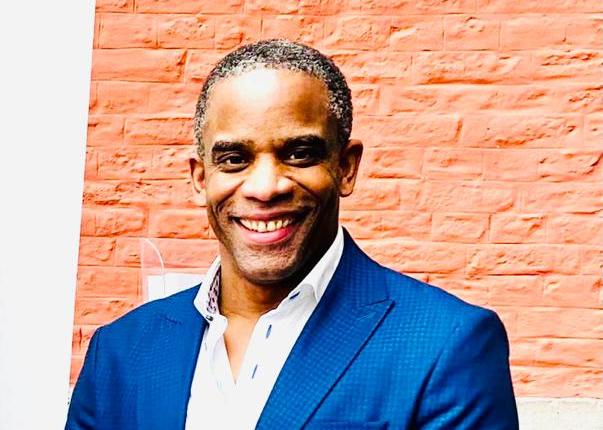
“We need to make a stand so that racism in sport is not trivialised”
“We need to make a stand so that racism in sport is not trivialised”
Thierry Witsel, former professional footballer and father of Axel Witsel, a member of the Belgian national team, is a man with a cause. He is a Member of the Walloon Parliament and the force behind the “Stop Racism in Sport” initiative, and we are proud to welcome him as one of the new members of our Board of Directors!
 Why did you want to join our team?
Why did you want to join our team?
TW: Firstly, because I have shared the values shown by your Think Tank for a long time. My personal career taught me that sport is an excellent vector for integration. I am convinced by my own experience that sport brings people together in spite of differences. It unites people from different origins who come to share their passion, who often come to “play”. Along with education, I think it is one of the most powerful tools for integration.
These are values that should be put to the forefront, exactly as Sport and Citizenship does. Of course, that does not mean keeping quiet about the abuses in sport, which echo those in society. But by stressing its unique ability to speak to everyone and bring people together, we can work to make society better. Finally, I would like to mention that joining Sport and Citizenship is a way of thanking Laurent Thieule, who invested his time in “Stop Racism in Sport”.
You were the instigator of that campaign launched in March 2021 in Liège. Can you tell us about it?
TW: The idea came from the pitch. When I played football, quite a few years ago now, I was the victim of this sort of behaviour. Even today, a lot of athletes are subjected to this everyday racism. It is exactly the sort of behaviour which runs counter to the values we were talking about. That is why I think that we can no longer keep quiet about it! To combat this scourge in particular, I decided to create an association bringing together academic, institutional and, of course, sporting figures. We are lucky enough to count two champions as our patrons: Sanae Jah, women’s boxing champion and my son Axel. With ambassadors like these, our aim is to make the maximum of players, and also their parents, supporters and coaches aware of this problem.
How do you think we should act against this scourge?
TW: The main thing is not to keep quiet! Racism must not be trivialised. We need to take a stand. That is precisely why our association began by launching an appeal to the world of sport, to denounce racism publicly, and this can still be signed on our website www.stopracisminsport.org
Then I think it is essential to work on education. People are not born racist, they become so. Sport is an excellent vector for education. Respect is also learnt on and around sports grounds, from the youngest age.
Finally, I think it is vital to recognise exemplary behaviour. There are clubs, parents and coaches everywhere who are acting to allow everyone, no matter what their origin, to do sport. That is why we are going to award a special prize in September, in collaboration with the Panathlon Wallonie-Bruxelles.
